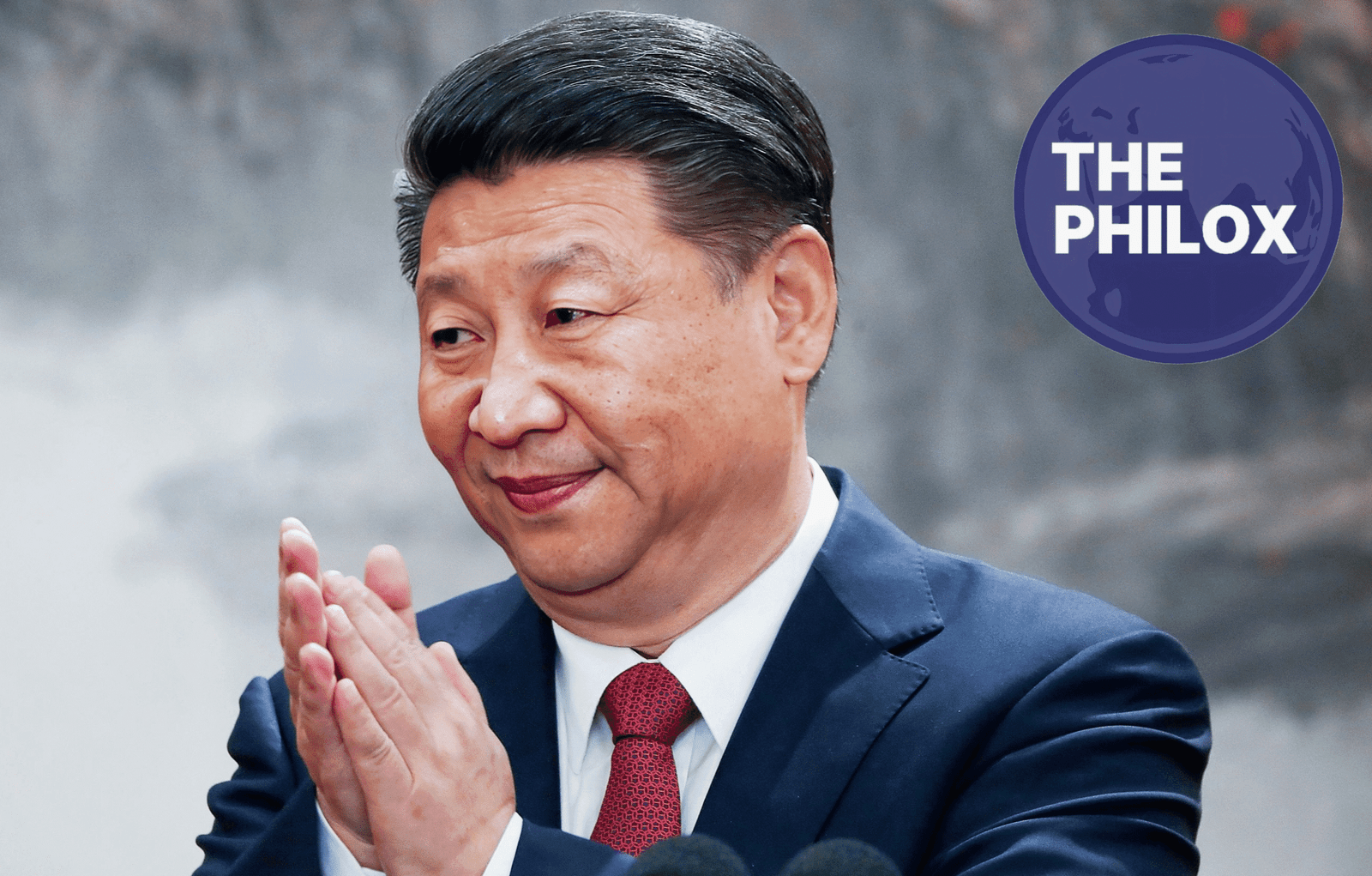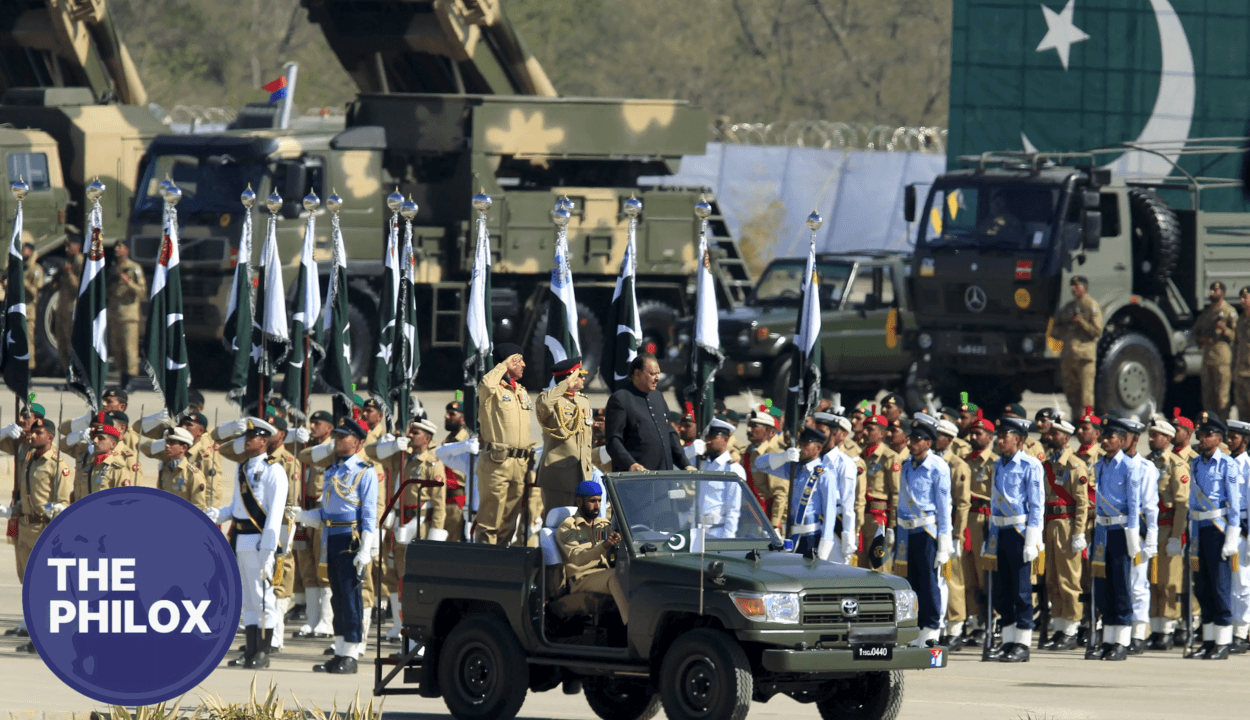
China unhappy with border air strikes by Pakistan
Following recent air strikes Pakistan performed in border areas, tensions between China and Pakistan are rising.
Beijing has been concerned about these activities, which allegedly target terrorist organizations sheltering near the Afghanistan border.
Close friend of Pakistan, China is now publicly challenging Islamabad’s approach and authority over the matter.
The strikes happened in areas considered to be unstable, where militant organizations have been documented to be active.
Although Pakistan argues the strikes were required to safeguard its national security, the aftermath has caused diplomatic awkwardness.
China thinks that such activities, if not controlled properly, would cause more instability in the area and influence surrounding nations.
Frustration Rising Inside Xi Jinping
According to reports, Chinese President Xi Jinping is becoming progressively dissatisfied with Pakistan’s handling of regional and domestic security.
Particularly by large expenditures in the China-Pakistan Economic Corridor, China has long helped Pakistan politically and economically.
But ongoing security concerns—including attacks on Chinese citizens living in Pakistan—have made Chinese leaders uneasy.
According to reports, Xi told Pakistani authorities that rather than completely eradicating threats, such strikes might incite further violence.
He also questioned Pakistan’s government’s ability to manage extremist threats in a manner that avoids encouraging more instability or international condemnation.
Deep Investments Made by China at Risk
China worries not only about security but also about its Pakistani investments. Part of China’s Belt and Road Initiative,
the CPEC project forms a major component of the country’s worldwide infrastructure agenda.
It covers commerce links from China’s western regions to Pakistan’s Gwadar port as well as roadways and power plants.
Targeting Chinese laborers and engineers engaged in these projects, several attacks in recent years have Beijing worries that Pakistan’s forceful military measures close to sensitive areas could set off terrorist group reprisals.
This might compromise Chinese investments as well as lives.
Pakistan’s Juggling Act
Pakistan is trying to manage several difficulties at once. It under pressure from neighbouring nations worried about cross-border militancy as well as from internal factions calling for action against terrorism. Simultaneously,
it must keep its long-standing partnership with China, a strong political and economic ally intact.

Islamabad officials have justified the air strikes as required to stop terrorists from starting attacks within Pakistan.
They contend that the nation has right to defend its borders and eradicate dangers. They are also mindful, though, that ongoing military operations might lead to more difficulties with friends like China and Afghanistan.
China’s Increasing Authority in Pakistan
China has progressively become more involved in making sure Pakistan’s people are protected.
Reports of more Chinese participation in security planning and intelligence sharing with Pakistani military have surfaced in recent years.
China has also demanded more protection for its citizens, including requests for specific security teams for Chinese workers.
Beijing is not happy even with these steps. Many in China start to wonder if Pakistan can really guarantee the security of Chinese interests in the area.
From within, Xi Jinping’s government is under pressure to make Pakistan answerable and reconsider the parameters of interaction.
More general regional issues
The circumstances also affects those outside of China and Pakistan. Weak border control and the presence of several armed groups have already made the area close to the Pakistan-Afghanistan border hazardous.
Any forceful move by one side has the danger of readily inciting a reaction from the other, therefore fostering a larger conflict.
Afghanistan has already attacked the air strikes, claiming they crossed its airspace and sovereignty breached.
Given both Afghanistan’s and Pakistan’s accusations of extremist elements being harbored, this further complicates the matters.
China worries about security in Afghanistan as well, hence this could have an impact on efforts for regional peace.
The future of China-Pakistan ties
Although the friendship between China-Pakistan has been hailed as “higher than mountains and deeper than oceans,” recent events reveal that even solid partnerships can be challenged.
China has historically seen Pakistan as a major ally in South Asia, but recent air strikes and continuous instability have eroused uncertainty.
Beijing is supposed to demand more responsibility from Pakistan together with security assurances.
It might also call for more control over how Pakistan responds to hazards compromising Chinese interests.
Rising tensions could cause adjustments in future cooperation, particularly on delicate infrastructure and security-related projects.
The Reaction and Assurances Made by Pakistan
Chinese worries have prompted Pakistani officials to try to reassure their friend. Top officials’ comments have guaranteed improved coordination with regional allies and tougher security policies.
Additionally under discussion are more intelligence-sharing between the two countries to stop more attacks on Chinese nationals.
Still to be seen, though, if these pledges will satisfy Beijing. China’s tolerance looks to be running thin, hence more incidents can cause diplomatic fallout.
There is also conjecture that China would stall down next development till Pakistan can exhibit more stability.
In summary
China’s mounting discontent with Pakistan’s conduct of recent air strikes underscores more general issues regarding the stability of the nation and their effect on Chinese strategic objectives.
Although both nations enjoy close ties, present events have shown flaws in that alliance. Unless Pakistan acts more forcefully to guarantee the security of Chinese nationals and projects, its relationship with its most influential friend may suffer major difficulties not too far ahead.








